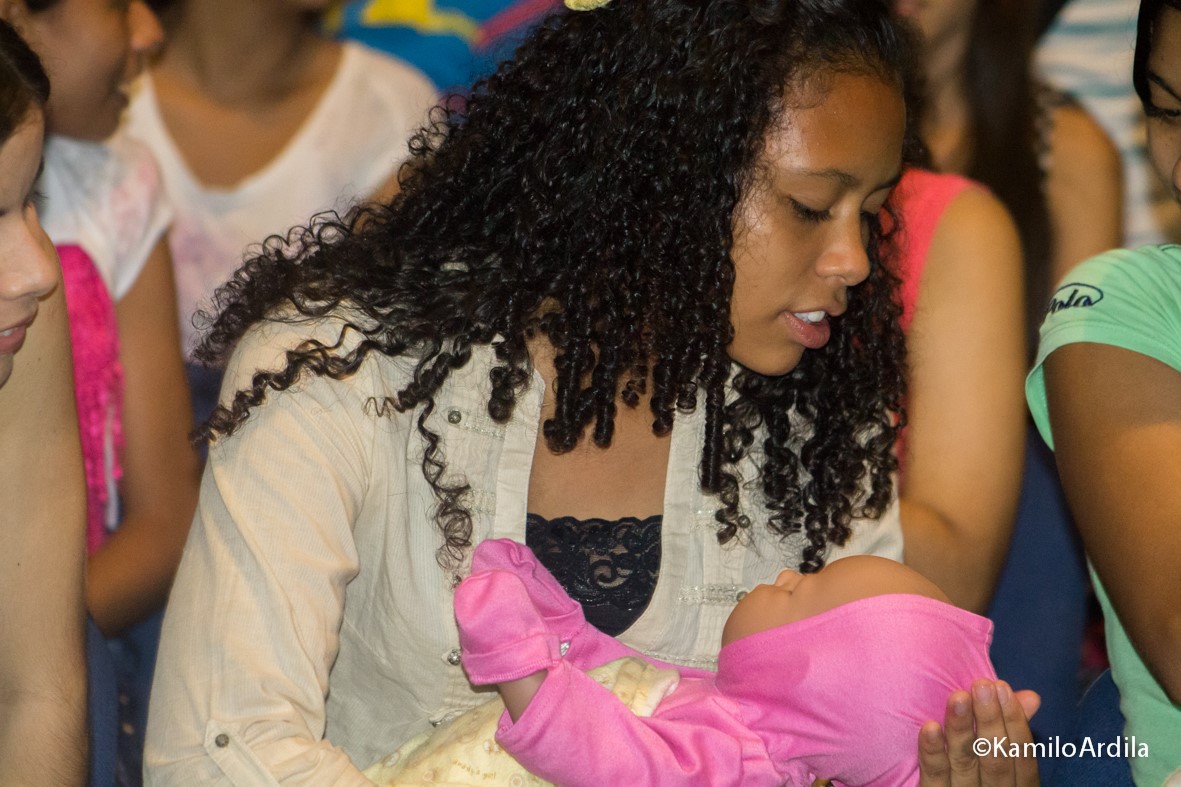City
Florencia
Main actors
Local Government, National Government, Public Utility
Project area
Whole City/Administrative Region
Duration
Ongoing since 2016
Experiential learning with robot babies to prevent teenage pregnancies and reduce poverty
One of the most serious social problems in the Amazonian region is the number of teenage pregnancies. In 2015, Florencia recorded over 600 cases, one of the highest teenage pregnancy rates in Colombia.
To address this situation, the city government has established a program to help reduce teenage pregnancies and break one of the key factors that generates poverty in the region. The “Baby, think it over” program, involves giving young teenagers a ‘robot baby’ for 48 hours. The aim is to generate an awareness in young people of the responsibilities that having a baby entails and of the potential effects on their lives, impressing on them the importance of only starting a family when they have at least attained some degree of emotional and economic stability.
A total of 11 schools and 280 students participated in the first stage of the program. Together with other strategies, the city has seen a decrease from 14.26% to 12% in the teenage pregnancy rate between 2015 and 2018.
This case study was contributed from the UCLG Learning Team.
Peer-Learning Note #23 about Amazonian cities and the sustainable use of terrestrial ecosystem
External links / documents
On Map
The Map will be displayed after accepting cookie policy



